THE GAME. David Fincher’s Rite of Passage Explained
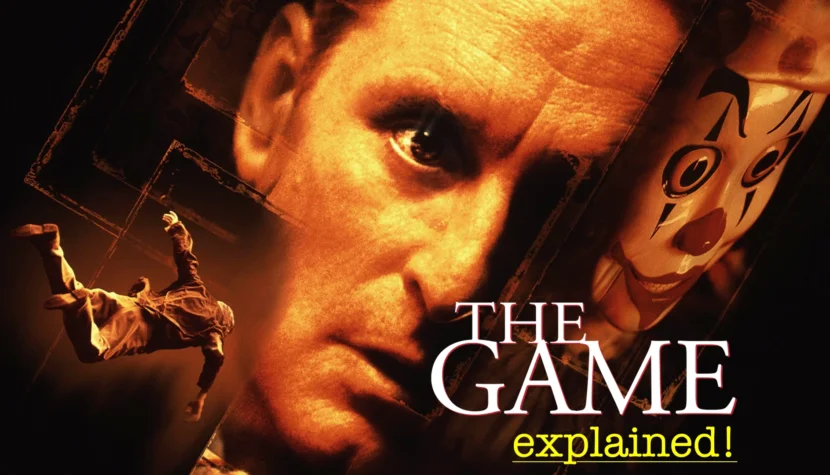
Considering that the director has virtually only hit the mark with his projects, the challenge in classifying his work lies not in pointing out noteworthy films but rather in choosing the most favorite ones, those held in personal esteem. You’ll be surprised. Of all Fincher’s films, I value neither Seven nor Fight Club the most.
The Game is my favorite. And it’s about its uniqueness that I want to tell you.
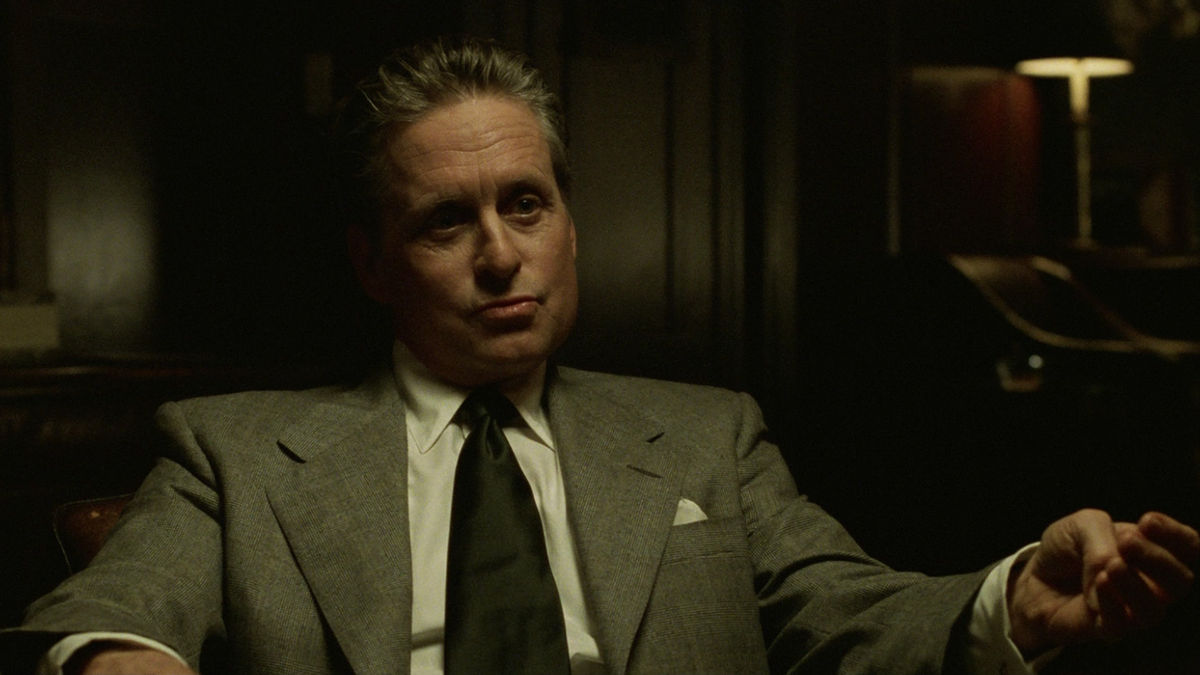
In the so-called game theory established by John von Neumann and Oskar Morgenstern, all the benefits and drawbacks of decisions made in conflict situations are mathematically laid out. Interestingly, according to the authors of this theory, the essence of the game is not about guessing the opponent’s intentions but hiding one’s own moves from them. However, not everyone can act fully rationally, and not everyone has high cognitive abilities to make effective decisions. But how do you play when the rules are blurry, hard to define? How do you play when the situation you’re in is closer to paranoia than a classic game?
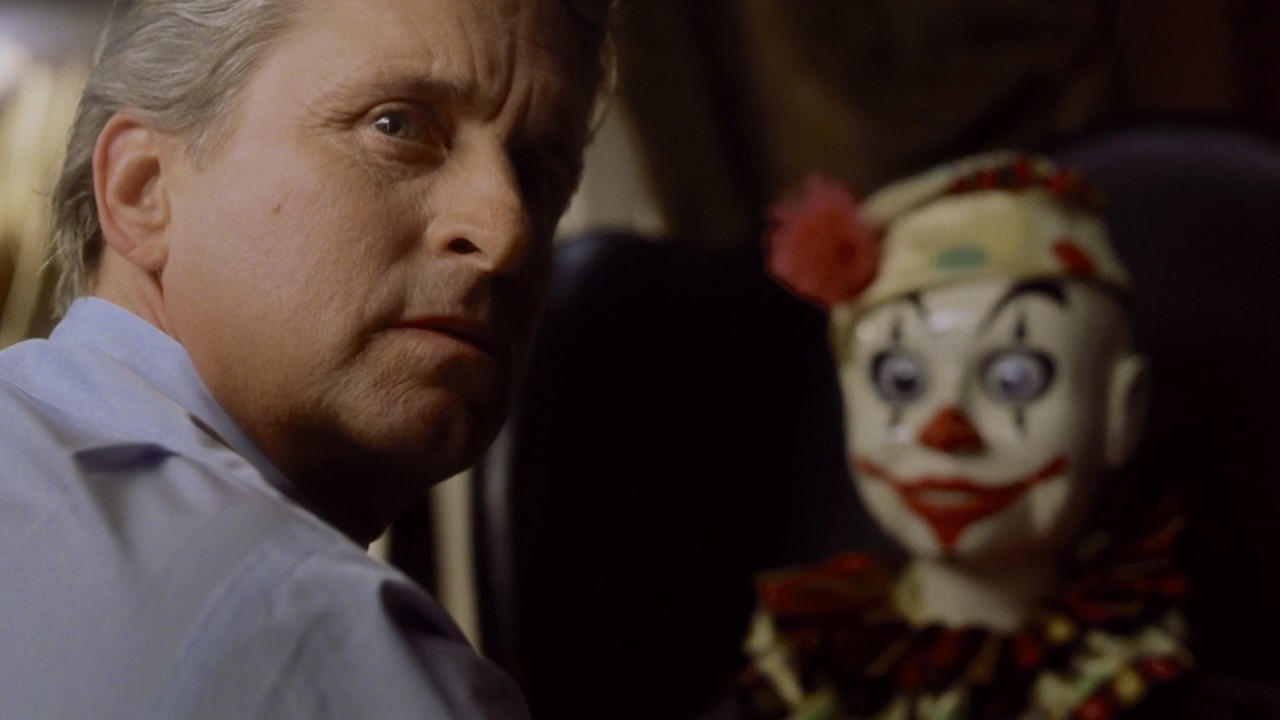
This is the problem Nicholas Van Orton faces – a character brilliantly played by Michael Douglas. The starting point of the game he is to participate in is reaching the age of forty-eight. This number is symbolic in his life because it was at this age that his father committed suicide years ago. For his birthday, his younger brother Conrad (played by Sean Penn) wants to give Nicholas an unusual gift – an invitation to participate in a mysterious game designed to inject more emotion into his monotonous life. However, Nicholas doesn’t know that his opponent has the advantage in this case – whoever it is, they set up the board, they place all the pieces. The protagonist doesn’t even know when the game will start or what its goal is.
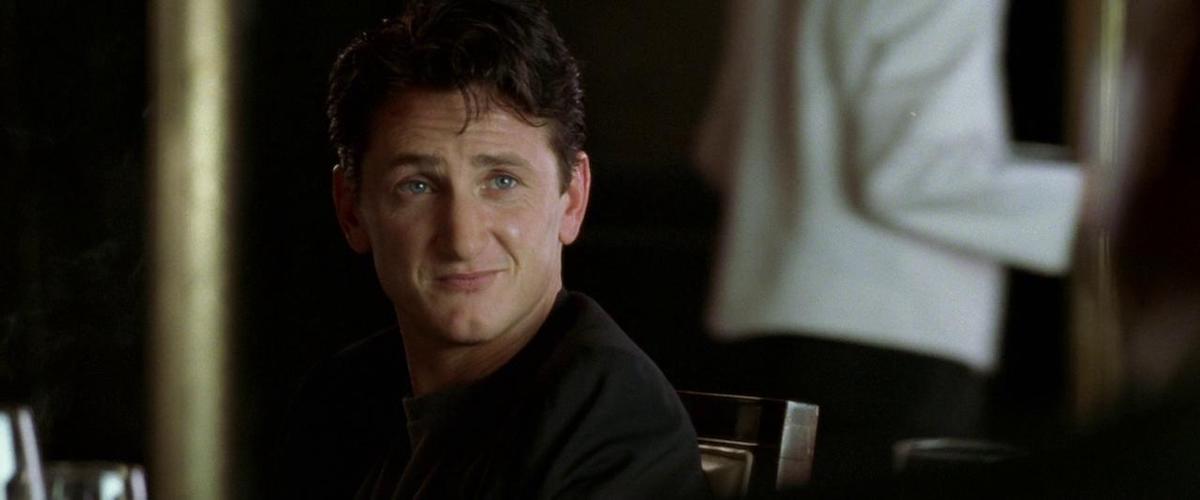
Initially, Fincher intended to make The Game before Seven. However, because Brad Pitt was available earlier, Fincher changed his plans and postponed The Game. I’m very curious how the fate of the film would have unfolded if the original shooting order had been maintained. Because there’s no denying that the masterful Seven immediately shaped expectations for the director’s next film. Fincher set the bar very high for himself, and people expected another masterpiece. They received an extremely precisely made, paranoid thriller, engaging and suspenseful until the very end, which, on the other hand, had no greater ambitions – it didn’t expose evil, it didn’t comment on human moral flaws. Perhaps that’s why it didn’t achieve as much fame. Unjustly, because The Game, in my opinion, is no less a masterpiece but of a different kind.
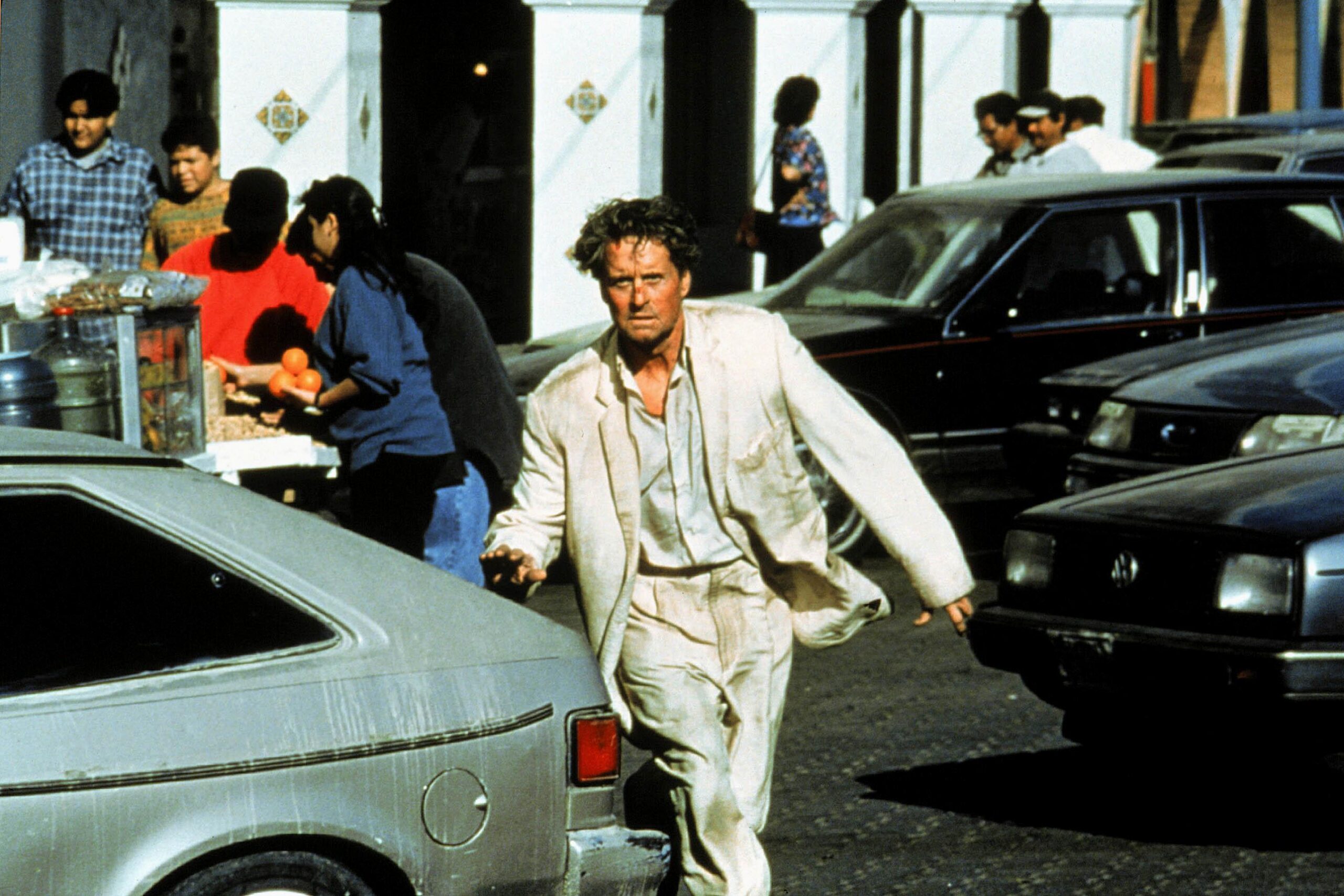
It may be surprising, but it turns out that The Game is the perfect film for Christmas. Fincher’s 1997 film, has often been considered a modern-day A Christmas Carol. Just like the classic Dickens story, the plot is about a wealthy, lonely man who, during his holiday and the accompanying circumstances, experiences a spiritual rebirth. Although this is a valid direction, I have somewhat reassessed this interpretation. Personally, I see The Game as a story about overcoming primal fear – the fear of death. In ancient cultures, young boys had the opportunity to undergo a specific ritual of male initiation. For example, during one of the expeditions, they were left to fend for themselves, giving them the chance to face death. After such initiation, the boy became a man, and the fear of death, the cause of all later problems in life, was already mastered.
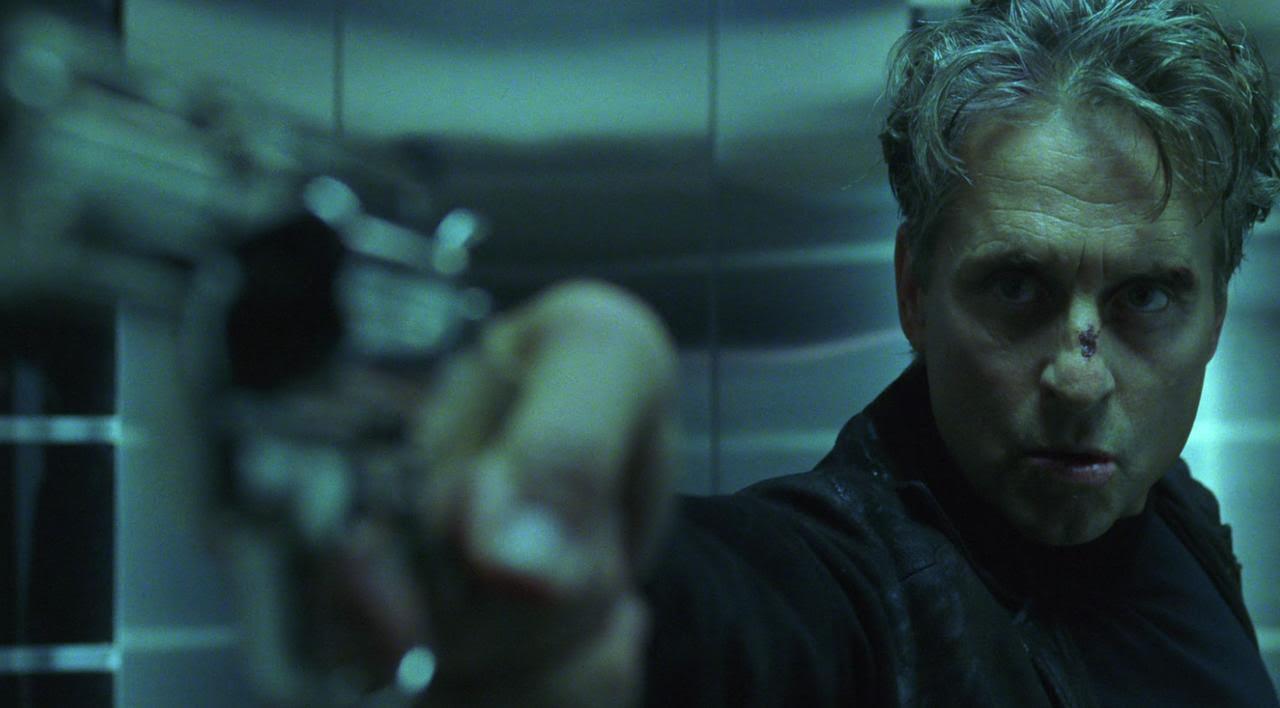
Why am I saying this? Because, as you can probably guess, I’m leading to the point that in today’s world, there are no longer any initiation rituals for young boys (because it’s hard to call the eighteenth birthday one). As a result, often only during the so-called midlife crisis, which they reach almost by inertia, do they awaken in doubt, devaluing the existence of male strength within them, capable of overcoming the hardships of everyday life. Nicholas experiences just such a dilemma. Moreover, he has to deal with the unfavorable stigma of a father who gave up in his struggle, who couldn’t cope. This fall of authority is of significant importance to the story. Nicholas doesn’t have a role model to follow, and time is relentlessly ticking away, life is slowly but systematically slipping out of control, fueling a sense of unfulfillment.
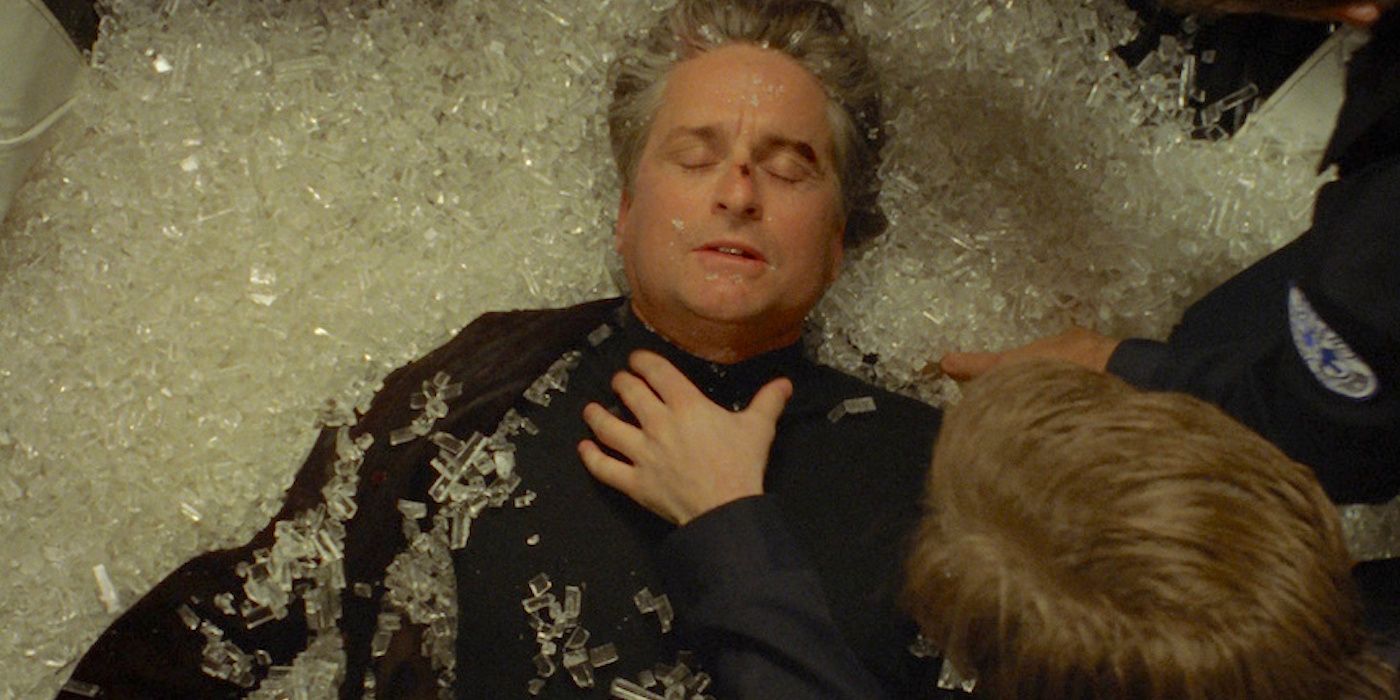
And here comes Conrad with his extremely interesting proposal. The younger brother, who seems to understand Nicholas’s crisis much better. The game is not just a way to break the daily routine. As a participant in a game whose rules are unknown, the protagonist has the opportunity to confront the fear that consumes his entire adult life. To stand between reason and delusion. The uncertainty he experiences is crucial. All the absurdities he encounters align in a precise way, making the ground under his feet exceptionally unstable. But precisely by pushing the protagonist to the limit of endurance, by confronting him with the fear of his own life, he will have the chance to undergo inner purification. That final leap will also be necessary – the symbolic moment of surrendering to death and its apparent triumph.
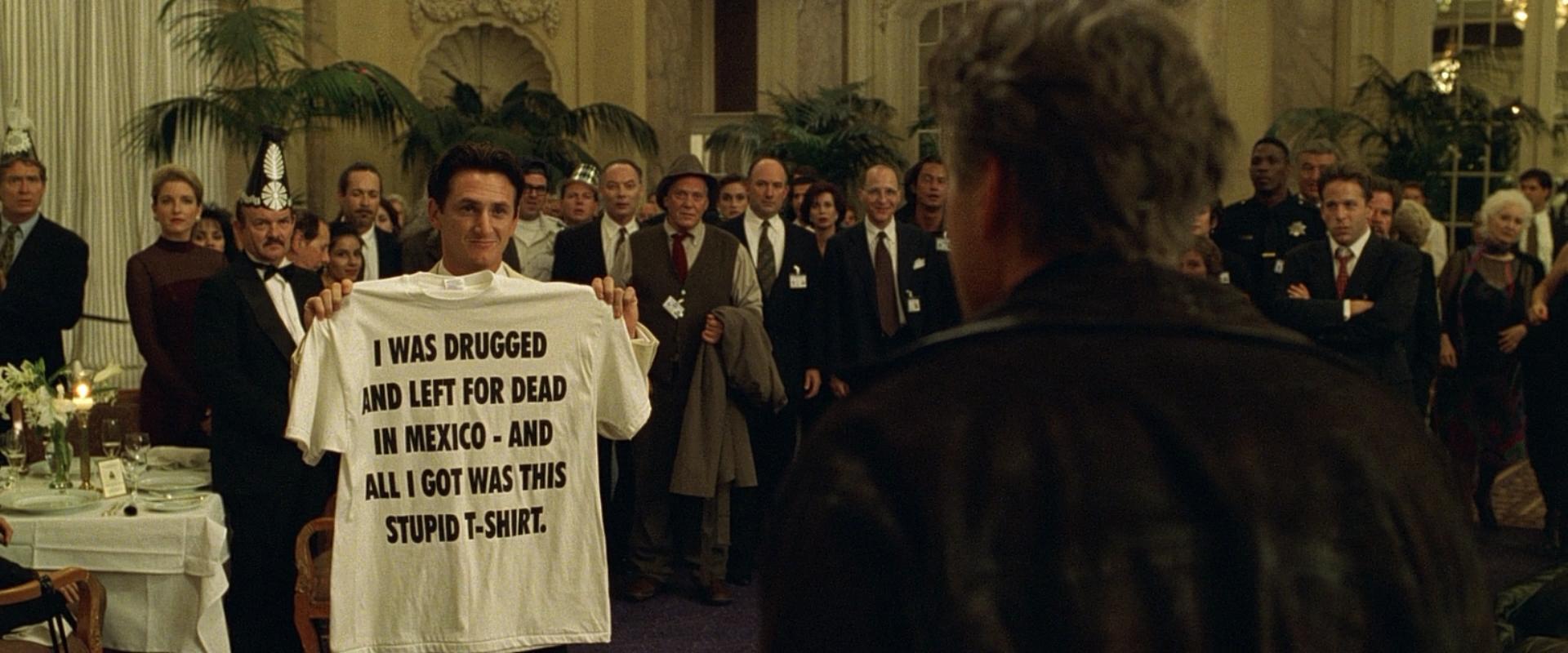
Of the proposed posters for the promotion of The Game, the one that resonates with me the most is the one showing a horizontally laid puppet. This is an obvious reference to the final scene, in which even the protagonist’s ultimate fall is controlled. But this is exactly what the meaning of the puzzle laid out by Fincher was based on. On creating such a conflict situation in which one of the opponents would have the illusion of control. That’s what a perfect game looks like. Paradoxically, however, it is Nicholas, who took the bait and fully handed over the initiative to the rival, who turned out to be the winner in the end. Because he found his own strength… And I could go through this cinematic catharsis over and over again.

